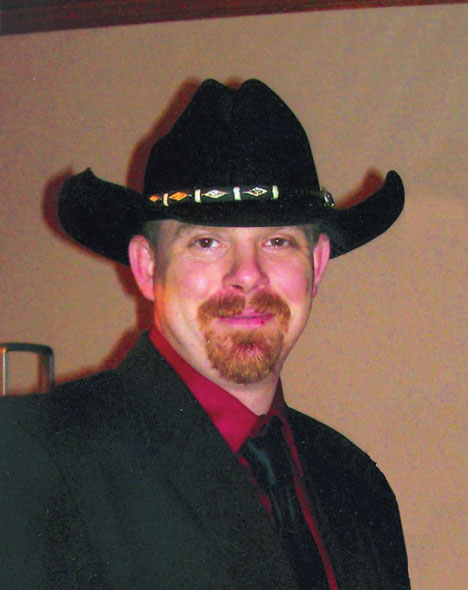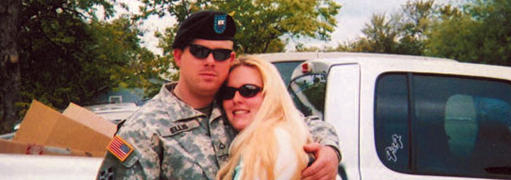Veteran’s Sister Challenges Law Enforcement’s Ptsd Policies


Jonelle Ellis and her brother, Kenneth Ellis III, who was killed a year ago by Albuquerque police
Courtesy of the Ellis family




